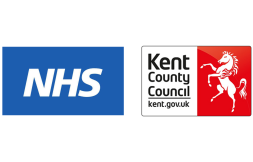Healthcare workers as “Antibiotic Guardians”
Antibiotic resistance presents one of the biggest threats to global health and development today – and the threat is growing. On any given day, about 80,000 patients – or 1 in 18 patients in hospitals – in the EU have at least one health care associated infection according to estimates from the European Centre for […]
Healthcare workers as “Antibiotic Guardians” Read More »
